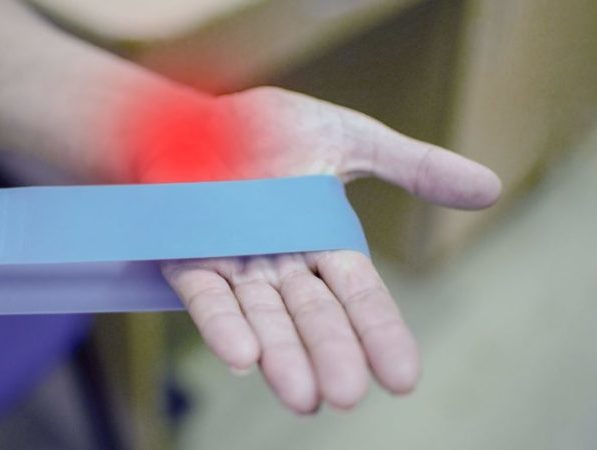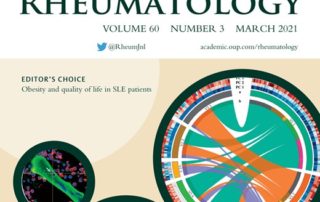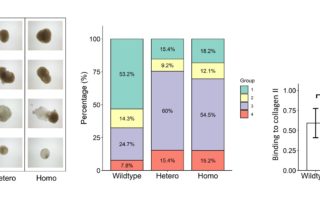MOLECULAR EPIDEMIOLOGY
A long and healthy life is not for everyone. Why is one person worn out at the age of sixty while another can still cycle at the age of ninety? The Molecular Epidemiology department of the LUMC conducts research into the origin of these differences and how these differences can be reduced.
What affects the aging rate? Which mechanisms play a role in this? To investigate this, the researchers are looking at factors that cause people to age healthily. To this end, research is being conducted in long-lived families. In these families the majority manage to reach the age of ninety. What is their secret? Which genes are beneficial? What makes their bodies different from other people? Within this context, we focus on a healthy metabolism, disease and osteoarthritis.
MISSIE
Molecular Epidemiology combines expertise in molecular epidemiology and computer science. This expertise is used for research, education and advice in order to contribute to the improvement of healthcare.
The mission of the research conducted within Molecular Epidemiology (MolEpi) is to monitor and understand factors that influence the risk of age-related disease(s) – aging – or the inverse factors involved in healthy aging. To this end, we generate and analyze state-of-the-art molecular data in human populations, families and groups of patients. In addition, in this context we focus on metabolic health and the relationship to cardiovascular disease. The research is anchored in themes and is carried out in three related research areas and the associated study populations: Aging osteoarthritis and epigenetic epidemiological research. The populations involved in these studies are also linked in biobanks within the BBMRI community.
For information about advice and cooperation with the Molecular Epidemiology section, please refer to this page.
QUESTIONS ABOUT OUR RESEARCH?
LATEST NEWS
The role of TNFRSF11B in development of osteoarthritic cartilage.
The role of TNFRSF11B in development of osteoarthritic cartilage. Rheumatology (Oxford) | 2022 Feb 2;61(2):856-864. | doi: 10.1093/rheumatology/keab440 Rodríguez Ruiz A, Tuerlings M, Das A, Coutinho de Almeida R, Suchiman HED, Nelissen RGHH, Ramos YFM, Meulenbelt I. Abstract Objectives: OA is a complex genetic disease [...]
Leiden master’s student cracks epigenetic clock that predicts age – newsitem LUMC 14-01-2022
Researchers can accurately determine how old a person is based on the calibration of the DNA. To do this, they use a so-called epigenetic clock. Master's student Thomas Jonkman has now, nine years after the discovery, unravelled how this clock exactly works: it turns [...]
High-impact FN1 mutation decreases chondrogenic potential and affects cartilage deposition via decreased binding to collagen type II
High-impact FN1 mutation decreases chondrogenic potential and affects cartilage deposition via decreased binding to collagen type II I| November 5 - 2021 | Science Advances Marcella van Hoolwerff, Alejandro Rodríguez Ruiz, Marga Bouma, H. Eka D. Suchiman, Roman i. Koning, Carolina r. Jost, Aat a. Mulder, [...]
Fibronectin binding to collagen type II is crucial for articular chondrocytes so stay in a healthy steady state
Marcella's latest publication in Science Advances is out now! Science Advances published the work of Marcella van Hoolwerff et al, where a high impact mutation was identified by exome sequencing in FN1 in affected family members of an early-onset osteoarthritis family. Upon introducing this [...]
Functional Changes of T-Cell Subsets with Age and CMV Infection
Hassouneh F, Goldeck D, Pera A, van Heemst D, Slagboom PE, Pawelec G, Solana R. | September 15th 2021 | Int J Mol Sci. 2021 Sep 15;22(18):9973. doi: 10.3390/ijms22189973. Abstract Cytomegalovirus (CMV) latent infection and aging contribute to alterations in the function and phenotype [...]










